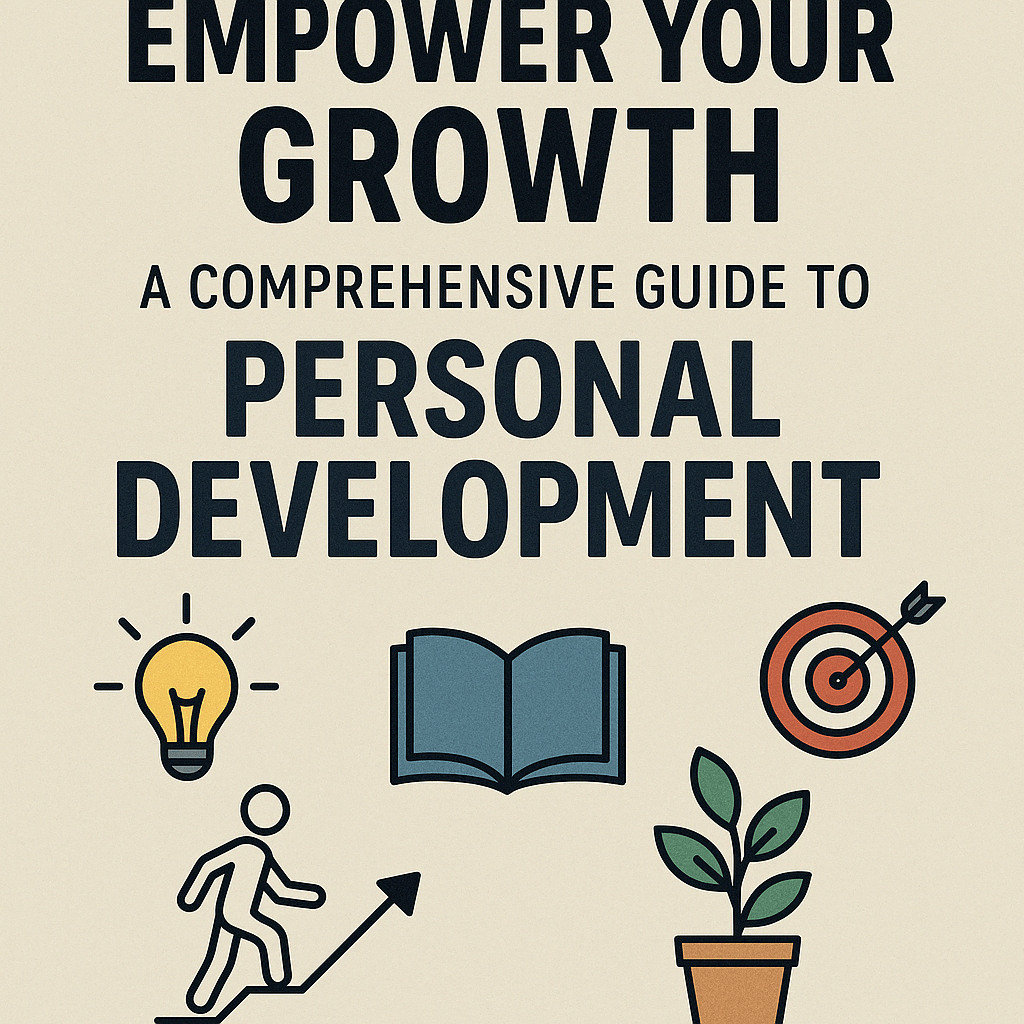Let’s delve deeper into each self-development tip, expanding on the key points with additional insights and practical examples:
1. Cultivate a Growth Mindset
- Embrace Challenges: View obstacles as opportunities to learn and grow. For instance, if you struggle with public speaking, consider joining a local Toastmasters club to practice and improve your skills.
- Learn from Criticism: Constructive feedback is invaluable. Instead of taking it personally, analyze it to identify areas for improvement. For example, if a colleague suggests enhancing your report presentations, take a course on effective data visualization.
- Celebrate Effort: Recognize the value in hard work and persistence. Share your progress with others, and acknowledge the small victories along the way.
2. Set S.M.A.R.T. Goals
- Specific: Define clear objectives. Instead of saying “I want to get fit,” specify “I aim to run 5 kilometers in 30 minutes within the next three months.”
- Measurable: Establish criteria to track progress. For example, monitor your running distance and time weekly to assess improvements.
- Achievable: Set realistic goals considering your current abilities. If you’re new to running, start with shorter distances and gradually increase.
- Relevant: Ensure the goal aligns with your broader objectives. Running 5 kilometers can be a step towards a healthier lifestyle.
- Time-bound: Set a deadline to create urgency. Aim to achieve your 5-kilometer run within the specified three months.
3. Prioritize Self-Care
- Physical Health: Incorporate regular exercise into your routine, such as a 30-minute walk or yoga session daily.
- Mental Health: Practice mindfulness techniques like meditation or journaling to manage stress and enhance emotional well-being.
- Rest: Ensure adequate sleep by establishing a consistent bedtime routine and minimizing screen time before bed.
- Nutrition: Maintain a balanced diet rich in fruits, vegetables, and whole grains to fuel your body and mind.
4. Seek Feedback and Reflect
- Request Constructive Criticism: Ask peers or mentors for specific feedback on areas you can improve. For instance, after a presentation, inquire about aspects that were effective and areas that need enhancement.
- Self-Reflection: Regularly assess your actions and decisions. Keep a journal to document your thoughts and feelings, helping you identify patterns and areas for growth.
- Implement Changes: Act on the feedback received and your reflections. If feedback indicates a need for better time management, consider using tools like calendars or task management apps to stay organized.
5. Embrace Lifelong Learning
- Continuous Education: Enroll in online courses or workshops to acquire new skills. Platforms like Coursera or Udemy offer a wide range of topics to explore.
- Read Regularly: Dedicate time to reading books, articles, or journals related to your interests or field. This broadens your knowledge and stimulates intellectual curiosity.
- Attend Seminars and Conferences: Participate in events to stay updated with industry trends and network with professionals.
- Teach Others: Sharing your knowledge reinforces your learning and helps others grow. Consider tutoring or mentoring as a way to give back.



